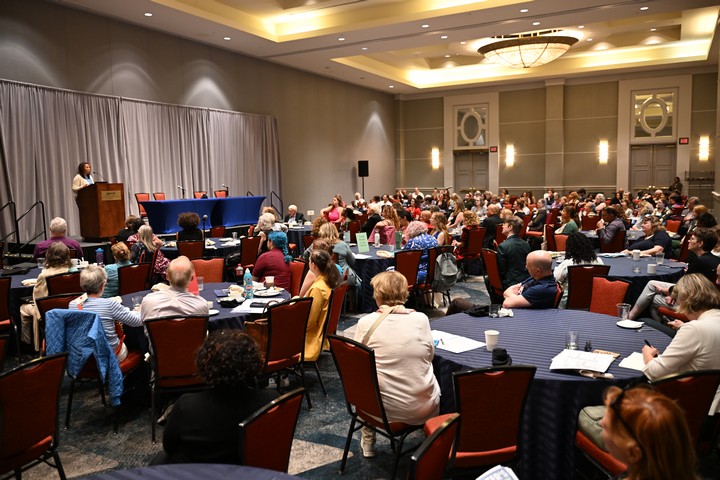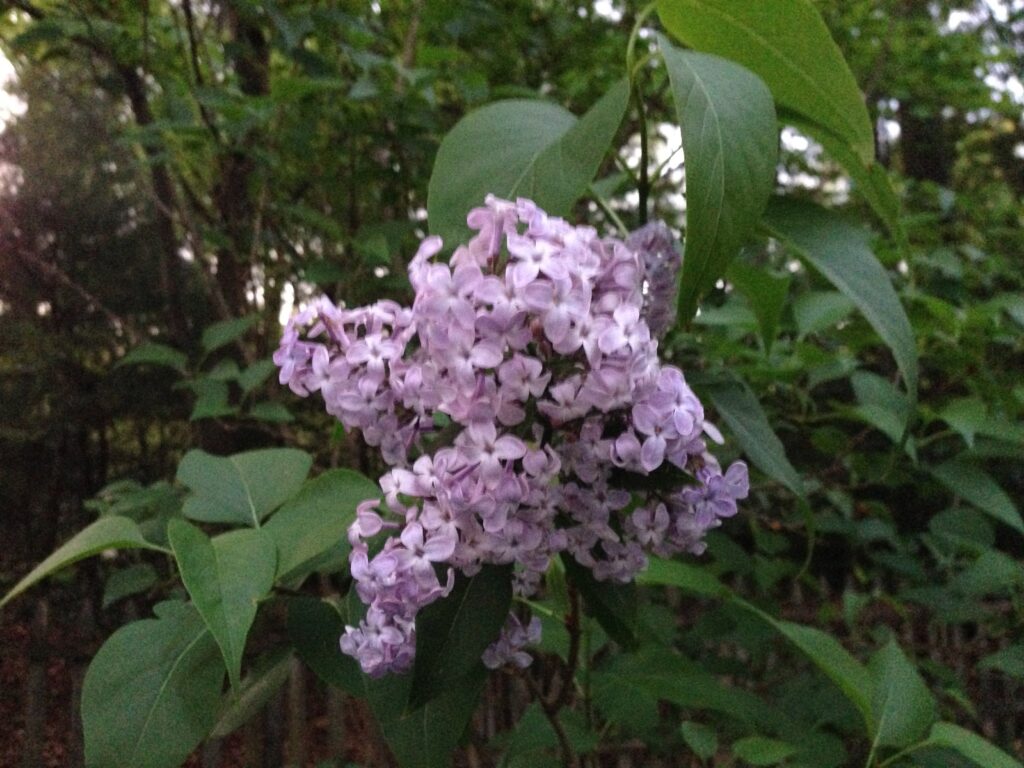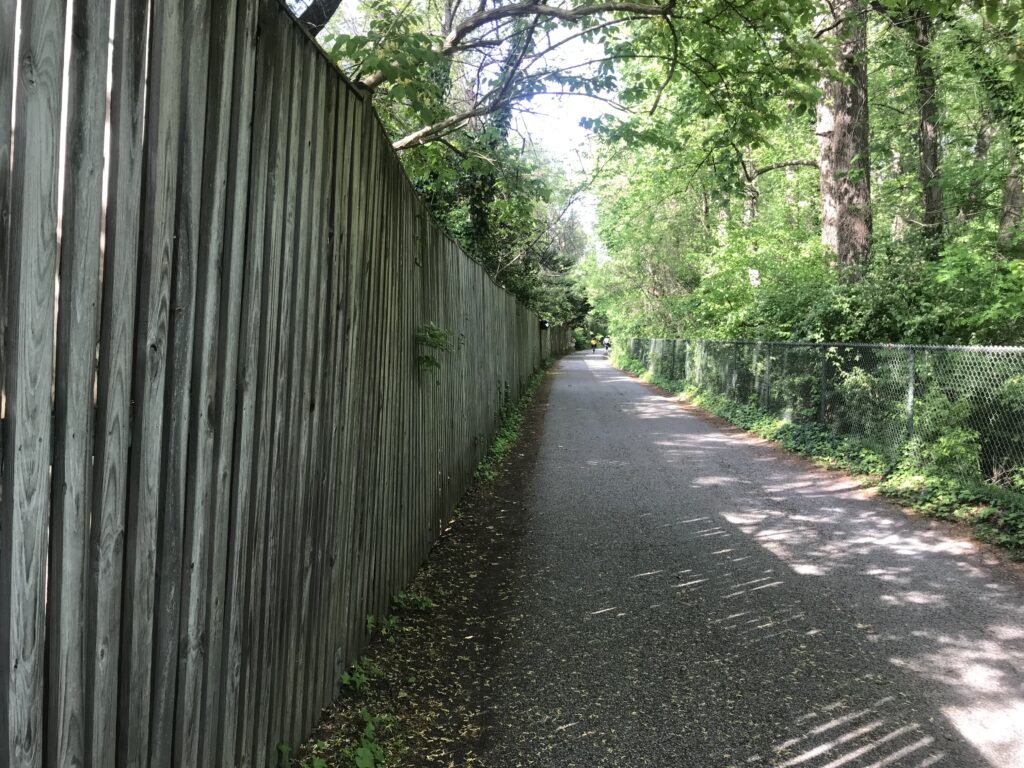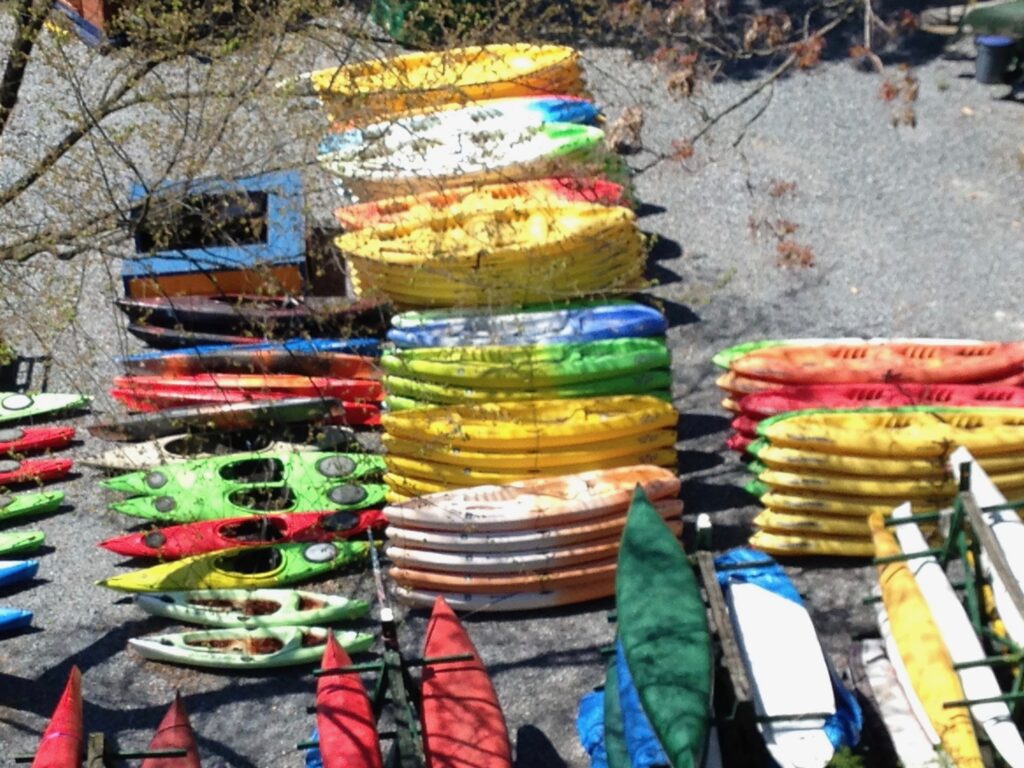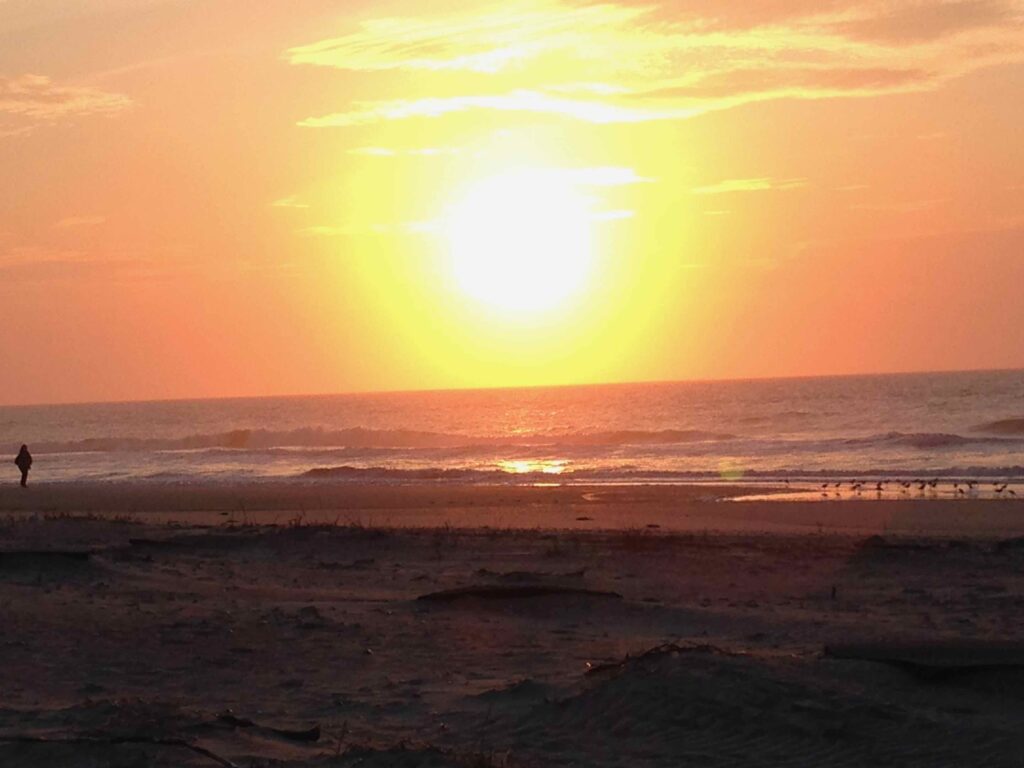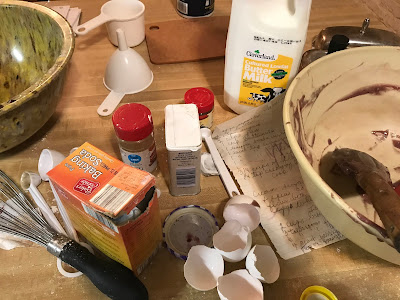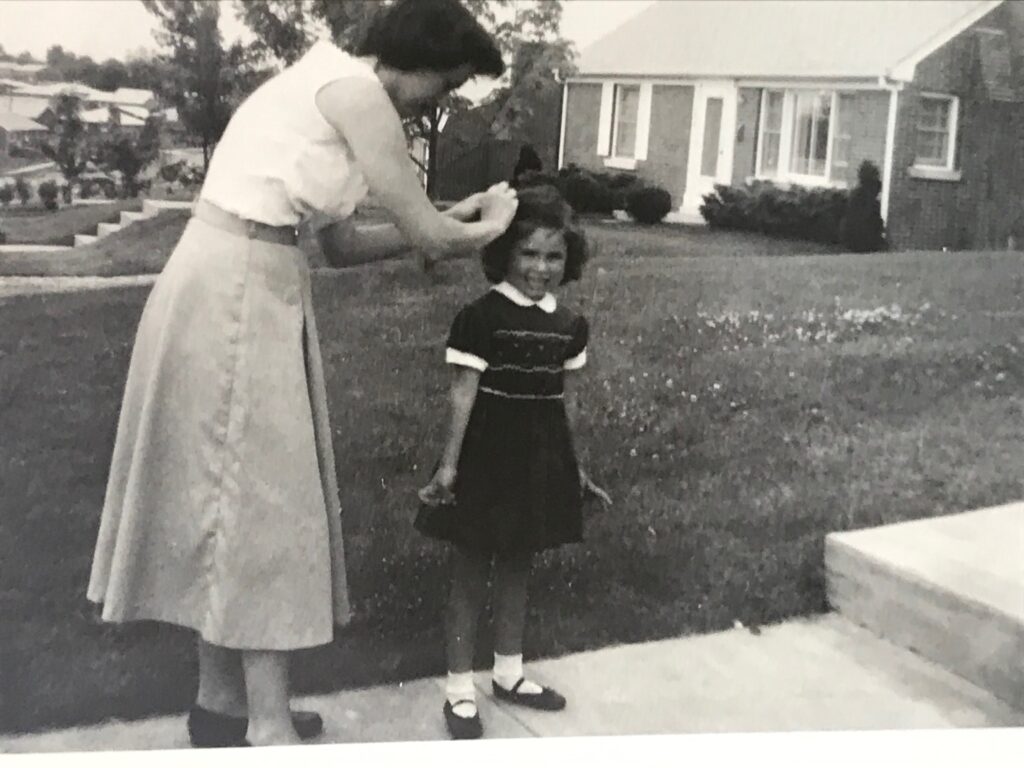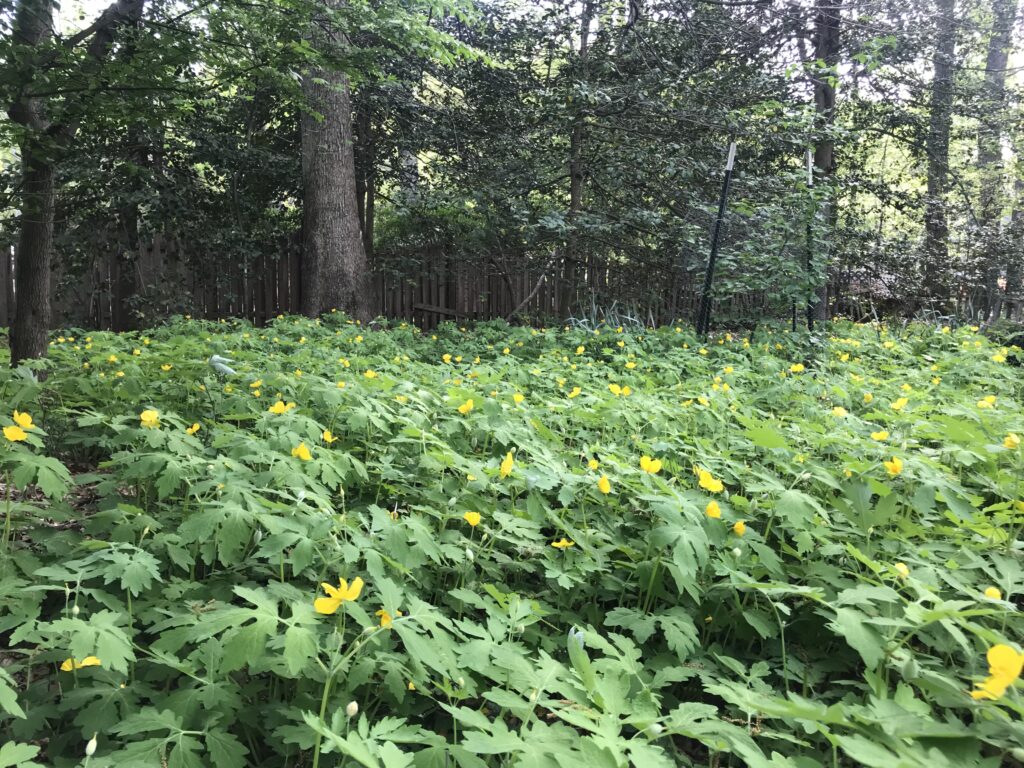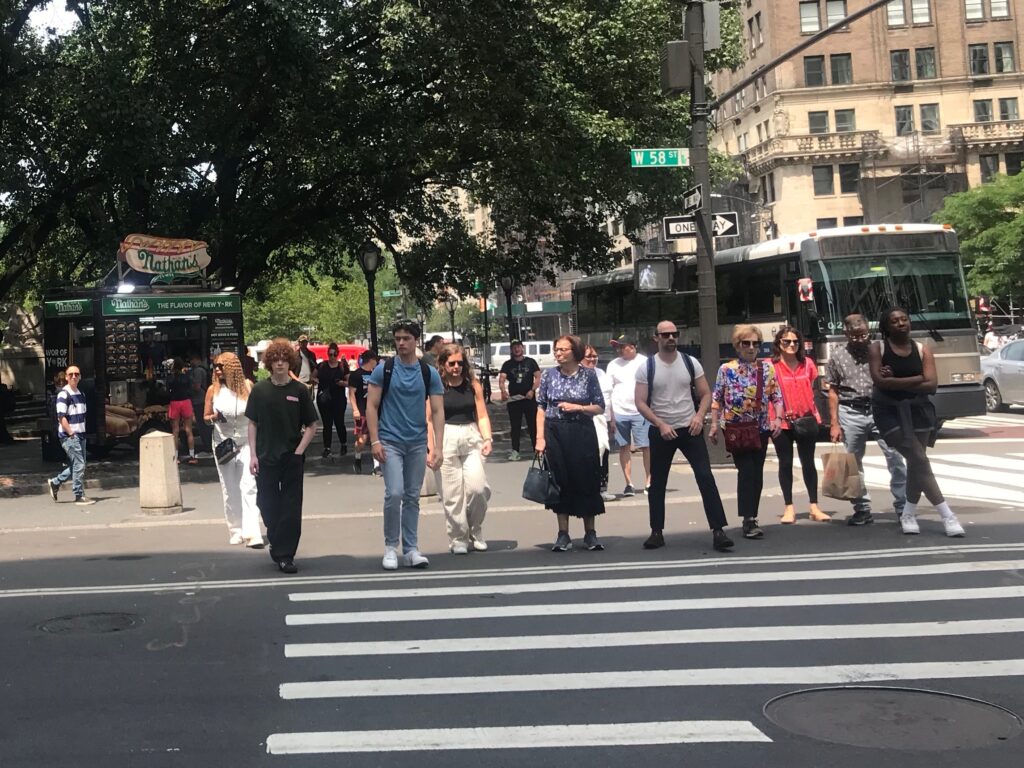Digital Decluttering
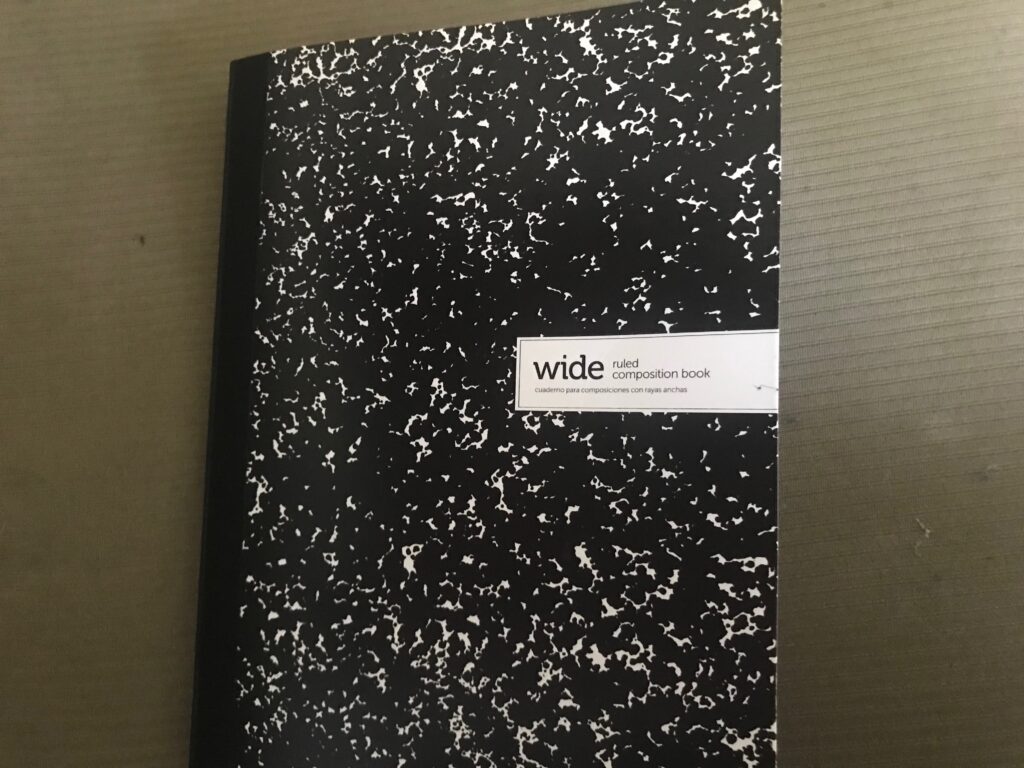
I use an ancient email provider with limited storage space. I like it this way: I’m not as pelted with ads as I would be if I used Gmail … plus I’m forced to clean out the coffers from time to time. This is one of those times, prompted by a barrage of “storage almost full” warnings. In fact, the other day, my warning color moved from yellow to red. Time to delete!
So I entered the time capsule. Because yes, my inbox is a time capsule and an emotional minefield. Not only did I find plenty of emails from my dear friend Nancy, who we lost almost a year ago, but I found plenty from the girls in various other stages of their lives. Another kind of loss, not nearly as final of course, but still a reminder of time passing.
What I’ve learned in the purge is what I’m reminded of most every day, it seems: the power of relationships. The voice of a friend on the electronic page, the consistency of connections through the years. How rich is this loam of friendship; how honored I am to run across it in digital or actual form.
(One advantage of digital clutter: it weighs less than the other kind.)
